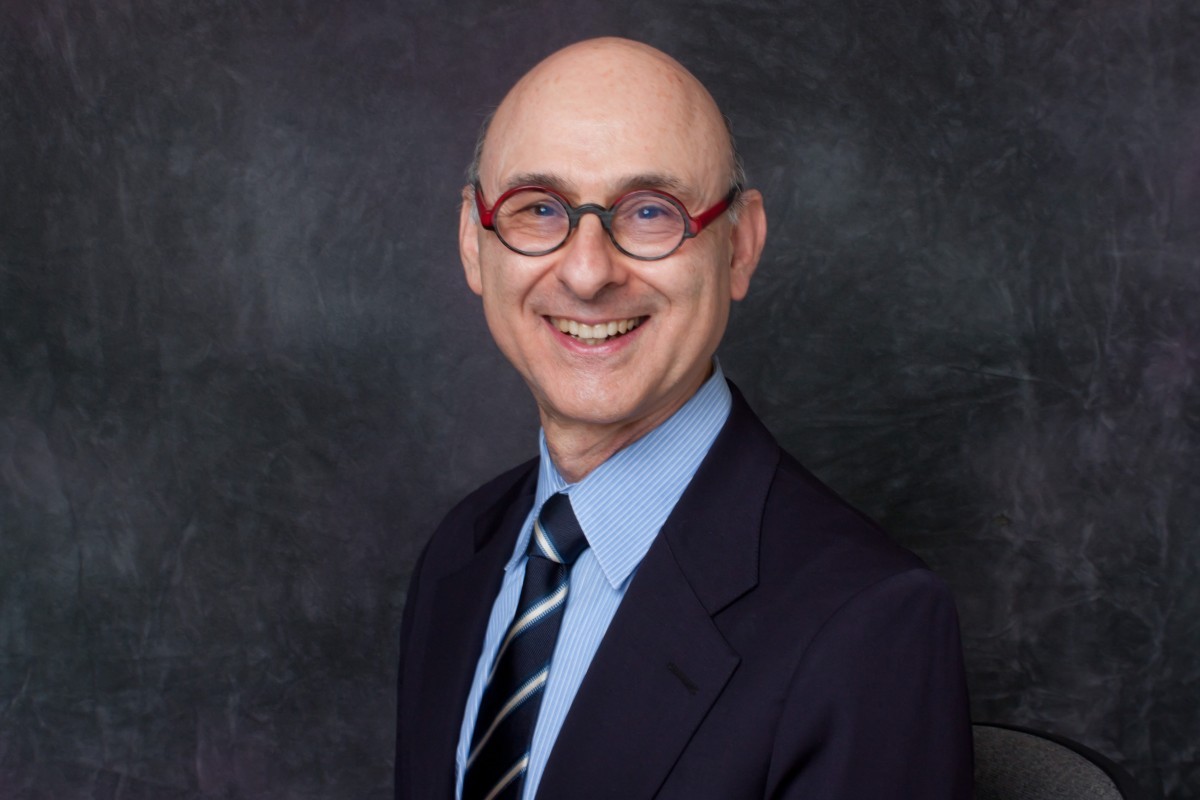
Image supplied. Courtesy of Dr. Hersh Shefrin.
Alum made significant contributions to work garnering Nobel Prize in Economic Science
Alumnus Hersh Shefrin [BSc/70] is one of only two economists named in this year’s Nobel Prize in Economic Science citation for the recipient Dick Thaler. Shefrin and Thaler collaborated closely over the years, showing that Homo economicus is not as rational as once believed.
As the Nobel committee writes in its citation:
Richard Thaler has, together with Hersh Shefrin, created an alternative model for describing the dilemma caused by the internal tension between a planning self and a doing self (planner-doer). The planning self thinks and makes decisions with the aim of long-term happiness, while the doing self is governed by more short-term goals. This division has been adopted in modern psychology and is also supported by recent research in neuroscience. As in the example of Odysseus, the solution to the dilemma is often about helping the planning self in some way, by removing short-term courses of action. This deviates from traditional economic theory, in which more potential courses of action are always better than fewer. In some cases, people manage to exercise restraint without help – mental accounting can, for example, be a way of avoiding short-term extravagances. In other cases, society may need to help the planning self by designing regulations and institutions that encourage behaviour that has a longer-term perspective.
Earlier this month, UM Today congratulated alumnus Michael Landry for his pivotal work in detecting gravitational waves, a discovery that won this year’s Nobel Prize in Physics.






